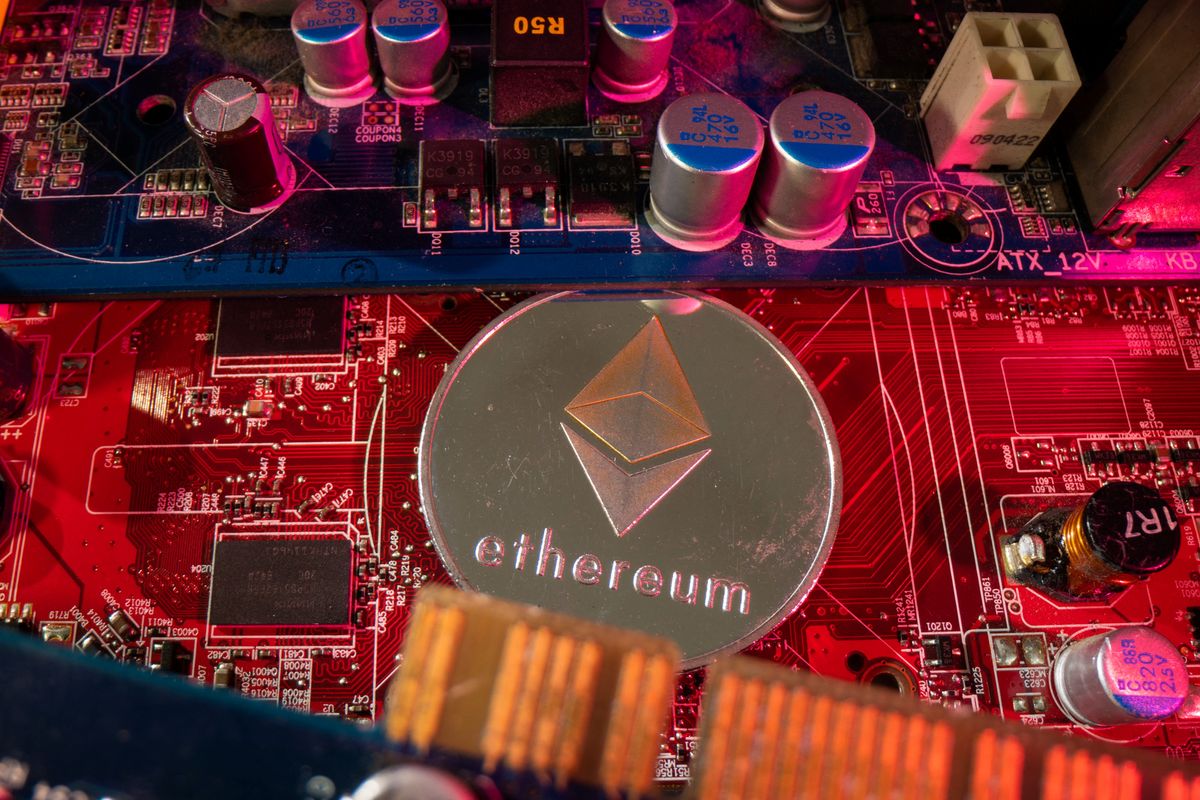Asia’s crypto hubs start laying out new regulations
Over the last couple of months, the biggest crypto hubs in South Asia have started building out their own crypto industry regulations.

A few minutes every morning is all you need.
Stay up to date on the world's Headlines and Human Stories. It's fun, it's factual, it's fluff-free.
The backstory: As crypto started to gain speed over the past decade-ish, many exchanges and other parts of the industry started setting up bases in Asia, where some countries and cities have become welcoming to this newer type of finance. For example, until 2021, FTX was based in Hong Kong. And the Terra-Luna currency system was founded in South Korea. Another early crypto adopter is Singapore, which hosts the headquarters and major satellite bases for some of crypto’s biggest names, including Binance, Coinbase and Crypto.com.
More recently: Crypto platforms and exchanges have had a pretty tough year or so, with the collapse of exchanges like FTX and the wipeout of Terra-Luna. These mishaps led to billions of dollars of losses for millions of people, causing bankruptcies to other businesses. This year, the US Securities and Exchange Commission (SEC) began cracking down on the crypto industry. In the past couple of months, it’s focused on exchanges like Binance and Coinbase, suing them for allegedly breaking regulations. The SEC is sending the message that the industry should follow existing US regulations on securities. On the other hand, many major crypto players are calling for new regulations, saying that crypto shouldn’t be lumped in the same category as traditional securities, like stocks and bonds.
The development: Over the last couple of months, the biggest crypto hubs in South Asia have started building out their own crypto industry regulations. At the end of June, South Korea’s National Assembly approved a bill to protect the interests of cryptocurrency investors. Singapore and Thailand are also stepping up their crypto guidelines, introducing new rules that bar crypto staking services. Last week, Singapore announced that it would start requiring crypto players to store customers' assets in a statutory trust before the end of 2023. Hong Kong, too, has launched stricter crypto trading codes.
Key comments:
“This not only underscores the regulator’s conviction to protect investors but will also undoubtedly inspire greater confidence from the corporate and institutional sectors,” said Lasanka Perera, CEO of crypto exchange Independent Reserve Singapore, said about Singapore’s latest regulatory moves.
“Regulations alone cannot protect consumers from all losses, given the extremely high risk and speculative nature of digital payment token trading,” Singapore’s Monetary Authority of Singapore said in a statement, recommending caution by investors.
“The significant compliance obligation has not deterred interest from crypto firms hoping to gain a foothold in Hong Kong,” said Joy Lam, a partner at law firm Baker McKenzie in Hong Kong. “We have been inundated with requests from existing and new market entrants who want to become licensed in Hong Kong.”




Comments ()